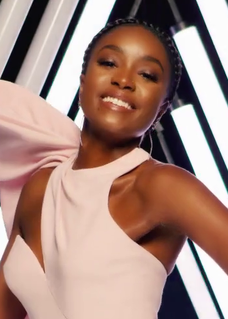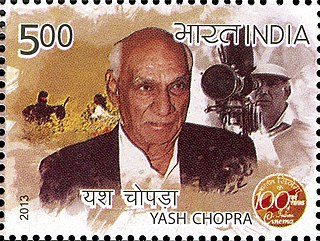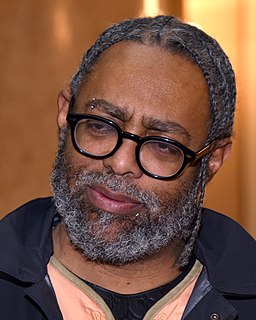A Quote by Justin Simien
There is an obsession with black tragedy. If you see a black movie, it's typically historical, and it tends to deal with our pain. And listen, there have been some excellent films made in that vein, and there are some painful parts of black history that should be explored, but it is kind of weird that only those films bubble up to the surface.
Related Quotes
The true story is that black people need to tell their history. Very few films are made by black people about slavery. That itself is a crime because slavery is a very important historical event that has held our people hostage. Forget white people's role in it. In the end what's important is black people remain and live with the scars and psychological issues.
Black History is enjoying the life of our ancestors who paved the way for every African-American. No matter what color you are, the history of Blacks affected everyone; that's why we should cherish and respect Black history. Black history changed America and is continuing to change and shape our country. Black history is about everyone coming together to better themselves and America. Black history is being comfortable in your own skin no matter what color you are. Black history makes me proud of where I came from and where I am going in life.
The history of black people in America, it's so painful. But throughout all that history there has still been the ability of our community to find love and laughter and joy even in these very painful circumstances. That's why I think in particular black love is so powerful, because it's constantly under attack.
Films have been my only passion in life. I have always been proud of making films and will continue taking pride in all my films. I have never made a movie I have not believed in. However, though I love all my films, one tends to get attached to films that do well. But I do not have any regrets about making films that did not really do well at the box office.
I wanted to make sure the focus [in The Land] was on human beings themselves and their decisions, but still connected to the urban environment that people associate as being black. I think I was able to make a film without commenting on "black this or black that" and you still feel the presence of it. There's no one character who's saying "we're all black and we're all in this struggle." It's that you just feel it. Some of that is because we get the sense from a lot of independent films that black people struggle all the time.
People don't realize it hurts my feelings when someone looks at my hair or my eyes, and says, 'But you're not actually black. You're black, but you're not black black, because your eyes are green.' I'm like, 'What? No, no, I'm definitely black.' Even some of my closest friends have said that. It's been a bit touchy for me.




































